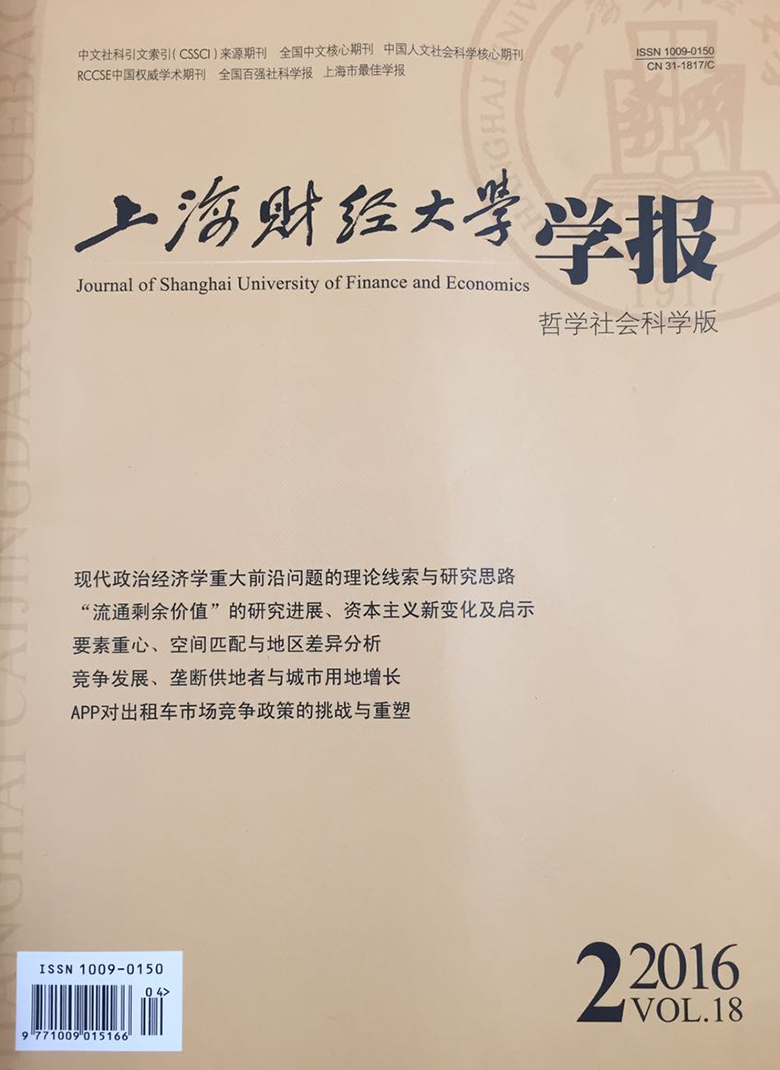Based on the macro background of the constant increase in the complementarity of the physical capital and labor skills in China, this paper analyzes the relationship between capital-skill complementarity and skill premium. The results show that along with the increase in physical capital-labor skill complementarity, the accumulation of physical capital enlarges the wages gap between skilled and unskilled labor, namely skill premium, and this effect reduces along with the improvement of economic development. Further empirical analysis indicates that the elasticity of skill premium to capital-skill complementarity in coastal areas is obviously lower than the one in interior areas, and the effect of skill premium on capital-skill complementarity in coastal areas has the lag feature, and the one in interior areas has some certain timeliness, showing that coastal areas with higher-level stock of human capital and stronger skill attractiveness can delay the rise in skill premium but interior areas are not.
 / Journals / Journal of Shanghai University of Finance and Economics
/ Journals / Journal of Shanghai University of Finance and EconomicsJournal of Shanghai University of Finance and Economics
LiuYuanchun, Editor-in-Chief
ZhengChunrong, Vice Executive Editor-in-Chief
GuoChanglin YanJinqiang WangWenbin WuWenfang, Vice Editor-in-Chief
The Impact of Capital-skill Complementarity on Skill Premium
Journal of Shanghai University of Finance and Economics Vol. 18, Issue 02, pp. 67 - 76,90 (2016) DOI:10.16538/j.cnki.jsufe.2016.02.006
Abstract
References
Abstract
Cite this article
Ma Hongqi. The Impact of Capital-skill Complementarity on Skill Premium[J]. Journal of Shanghai University of Finance and Economics, 2016, 18(2): 67–76.
Export Citations as:
For




 6980
6980  4891
4891

